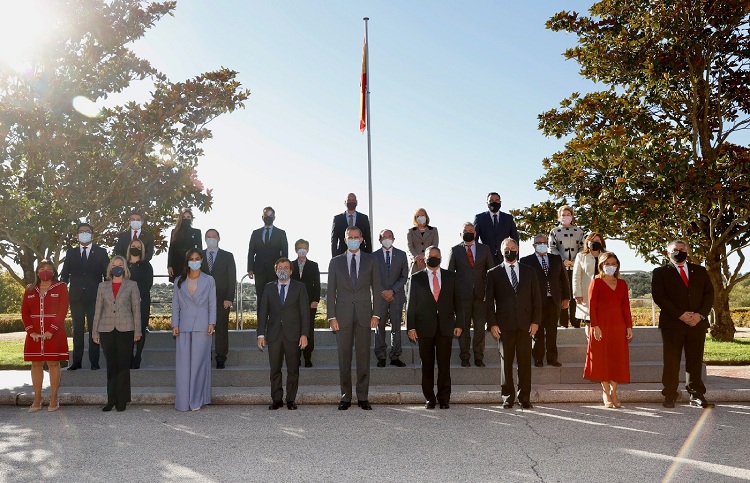Chris Dix
Head – Business Development, VFS Global
Two decades ago, who could have imagined a world where flights are booked from smartphones and visa applications submitted from the comforts of our homes? Digital advancements, the emergence of online booking websites, rising disposable incomes, and the proliferation of budget airlines fuelled unchartered growth for the travel and tourism sector. This transformation witnessed game-changing technology-backed solutions to make the visa application process – one of the most critical aspects of travel – seamless and convenient for customers and governments. From leveraging advanced technologies like artificial intelligence to highly secure mobile biometrics to creating virtual solutions that enable digital submission, we’ve seen consistent innovation redefine the visa application experience and simplify the delivery of passport and consular services.
Digital consular services
The next major milestones in this journey would be the digitalisation of embassies and diplomatic missions envisaging digital processing of visa files and consular documents. While this transformation was always on the anvil, the pandemic has accelerated the shift in gears. Earlier this year, the Spanish government announced an allocation of EUR 110 million to consular digitalization with an aim to enhance the customer experience for Spaniards living abroad and foreign citizens. Likewise last year, the consular services section of the Foreign, Commonwealth, and Development Office (FCDO) in a bid to strengthen its digital capability issued a market notice looking for a delivery partner to create new digital services for British citizens travelling or living abroad for a two-year project worth £4.5 million. A precursor to this trend was Foreign Ministries rolling out consular applications to establish seamless communication with its customers. Citizens travelling abroad can use these mobile apps to get real-time travel advisories, gather relevant information on their destination, and even communicate with nearby Embassies. For instance, the Polish consular application enables citizens to send out SOS signals when in need of emergency aid. Embassies had also taken to social media channels for crisis communication.
Firming up partnerships & forging new ones
This trend to go digital is likely to create a new wave of opportunities for key players in the visa outsourcing sector. Given their proven record of business delivery and technology-backed domain expertise, industry experts foresee existing partnerships to firm up and forge new ones. Technology would continue to be the key differentiator. For instance, VFS Global, the world’s largest outsourcing and technology services specialist for governments and diplomatic missions worldwide, has demonstrated a diverse repertoire of tech-led solutions for its client governments. Location Independent Document Processing ((LIDPro™), Vignette Management, digital and contactless payment, passport, and consular services are some such services. Considering the changed travel dynamics in the post-COVID world, the company is working on innovations in the e-visa space to help allay all contact-related risks of customers.
Considering the easing of travel restrictions and travelers prioritizing safe travel, the demand for contactless, end-to-end digital experience would keep rising. Digital solutions would be even more pertinent as the world moves towards pre-pandemic momentum. With the steady side in immunization of populations, the opening of university campuses and global events such as Expo 2020 Dubai back on the calendar, travel volumes are recovering steadily. Early adoption of advanced digital technologies would give an edge to key stakeholders in the travel ecosystem.
© All rights reserved






